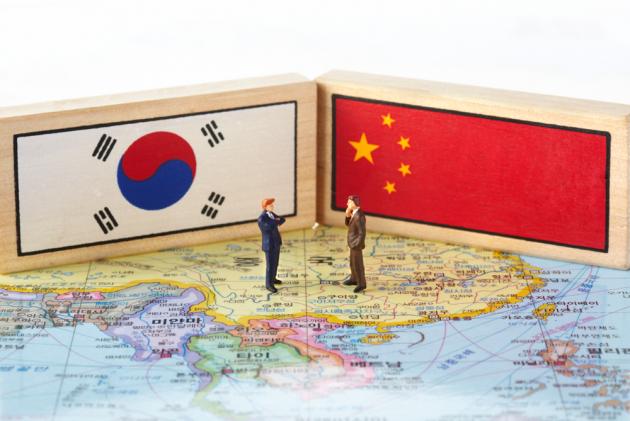The Chinese government will likely implement a decree this year, which forces foreign companies using China’s biological resources to conduct business jointly with Chinese partners, putting Korean bio and pharmaceutical firms on emergency alert.
Up to 54.4 percent of Korean bio and pharmaceutical companies were using foreign biological resources, and 51.4 percent of them, the largest share, were using Chinese biological resources last year, a survey showed.
The Nagoya Protocol Response Team in National Institute of Biological Resources under the wing of the Ministry of Environment국립생물자원관 and Korea Biotechnology Industry Organization (KBIO) 한국바이오협회 conducted the survey on 138 Korean bio companies,

The Chinese government has been tightening its legal controls on biological resources since the Nagoya Protocol went into effect, forcing Korea to work out steps to cope with it, given the nation’s heavy dependency on Chinese resources, experts say.
“It is necessary to come up with decisive countermeasures by, for instance, studying the possibility of replacing biological, genetic resources with the domestic products,” said two researchers – Chang Hyun-sook and Kim Jung-joo김정주 – at Korea International Trade Association (KITA)한국무역협회 in their research paper titled the “Reinforcement of Chinese sovereignty over biological resources and Korean businesses’ response.”
Under the Nagoya Protocol ratified by 100 countries, sharing of benefits and observance of duty concerning biological resources should follow the agreements with or the regulation of host governments.
The Nagoya Protocol is an international norm, which obligates those who use biological, genetic resources or traditional knowledge of foreign countries to obtain approvals of the supplying countries according to their laws, and share the benefits generated according to mutually agreed conditions.
The Chinese government, through its Decree on Access to Biological Genetic Resources and Sharing of Profits (ABS), is forcing foreign companies usi9ng China’s biological, genetic resources to conduct business in joint-ventures with Chinese firms and allow Chinese employees to take part in substantive research and development activities in China.
Also, aside from sharing profits with the owners of biological resources, the foreign companies should pay an additional 0.5-10 percent of proceeds, or face fines of 50,000 to 100,000 yuan ($7,400-$29,000) if they violate the rule.
The ABS will likely go into effect within this year, making it inevitable for Korean bio and pharmaceutical companies that use Chinese biological resources to shoulder additional financial burdens.
The experts point out, however, Korean businesses are poorly prepared for the changes occurring in China.
According to the survey, only 12 of 136 companies, or 8.8 percent, are working out measures to deal with the Nagoya Protocol.
The KITA report said, "If the ABS goes into0 effect, Korean companies will likely face various difficulties, including rising royalties, unstable supply of resources and delayed R&D efforts, because they will have to share profits generated by using biological, genetic resources, such as animals and plants, which they have used free of charge so far.”
Korean companies using Chinese biological resources have to thoroughly prepare for the changes in advance by, for instance, precisely calculating cost increases resulting from the mandatory profit sharing, it said.
As advice, the report called for Korean companies to set up database by grasping biological resources in use, develop alternative substances of foreign materials or substitute them with Korean biological resources, check related laws (Beijing does not issue licenses if foreigners do not disclose place of origin after using Chinese genetic resources), and specify profit sharing ratio when making contracts.

